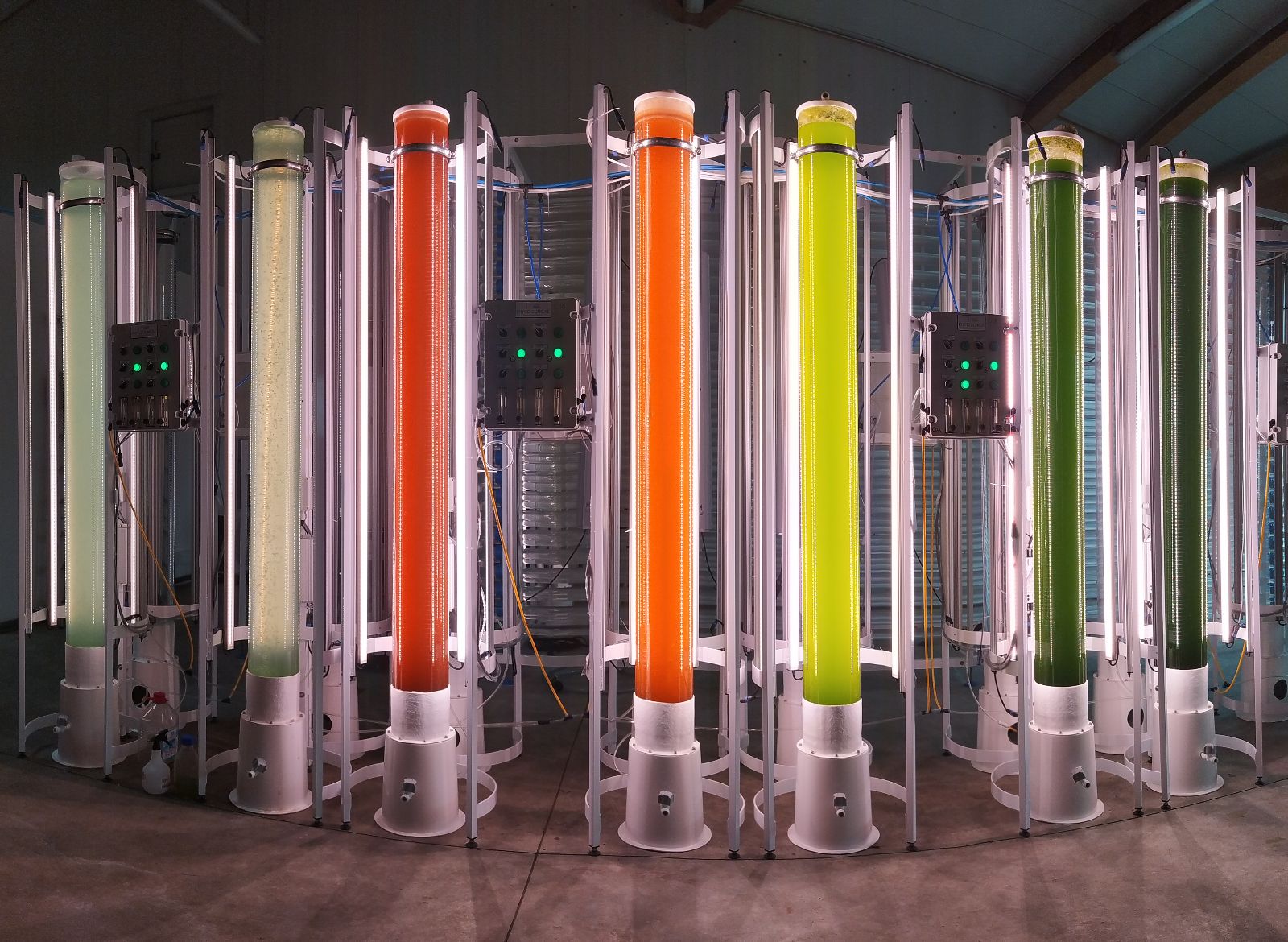- The EIF and InvestEU
- Past and upcoming InvestEU events
- Guarantee products
- Guarantee products – calls for expression of interest
- Ukraine Export Credit Pilot – call for expression of interest
- Guarantee products - Member State compartment
- Equity products
- Equity products – calls for expression of interest
- ESCALAR – call for expression of interest
- Defence Equity Facility
- Climate and Infrastructure Funds
- Climate and Infrastructure Funds – call for expression of interest
- Capacity building investments – Call for expression of interest
- Financial intermediaries
One.five: looking for the right solution

Achieving sustainability in all aspects of our existence is going to be the challenge that defines this generation. If someone is still around to look back in, say, 50 years’ time, it’ll be today’s decisions that will have unlocked sustainability. And while many of those decisions come at the political level, some will argue that, equally, innovative businesses can make a difference, coming up with solutions that make trade and commerce - and subsequently society - more sustainable.
That’s part of the thinking that went into the origins of one.five, a company based in Holm, near Hamburg, and founded with the goal of solving a big sustainability issue: “We wanted to tackle an impact problem, and we gave it a lot of thought. We ended up looking carefully at packaging, mainly because we had worked a lot with retailers in the past, we know the pain, and the consumer good space was one we understood well,” explains Claire Gusko, co-founder, as she describes the atypical way the company came about.
one.five, named after the Paris Agreement’s key target of limiting the global temperature increase to 1.5 degrees celsius, is about developing sustainable packaging solutions. The company matches materials and technology to needs, ultimately aiming to protect the planet by developing materials for clean and closed material loops. “For the greatest impact, you need to be material agnostic,” Claire says. “It should be possible to identify the best solutions, work with them to get them market ready, and help them scale. We work with existing companies in the packaging supply chain, expediting the work that the industry is already doing. We don’t have decades left - only a few years to move in the right direction.”
Aiming for circularity, Claire knows that one size doesn’t fit all: “You cannot have one solution for all problems. The intent of being sustainable, if not well thought through, can end up doing a lot of harm. That’s where the main difficulty is.” Fixing one aspect could inadvertently cause harm elsewhere. So, one.five turns to artificial intelligence: “There are so many variables, so many data points: material properties, material combinations, processing parameters, unit economics, emissions, end of life processes… It’s impossible for the human brain to consider all of them at once. That’s why we’re working with machine learning and generative AI models. The models will tell us, given this data, what the best solution for this challenge is. Using data rather than subjective human opinion. Generative AI could also look at the performance of known materials combinations, learn to identify similarities in adjacent technologies, and bring materials we’d never thought about together to offer new solutions.”
On the path to commercialisation, in 2022, one.five received equity investments from Green Generation Fund, Speedinvest and Revent, backed by the EIF through the InvestEU programme. The investment allowed them to boost their R&D efforts, build their digital development platform, and develop their own lab & pilot facilities. “Our first product went into production this month, with the next ones due early next year,” says Claire, describing how all these efforts are finally hitting the markets.
Company: one.five (Germany)
Type of business: packaging & biomaterials development
Financial intermediary: Green Generation Fund
Financing purpose: R&D and scale-up
EIF financing: InvestEU; ERP
For further information about EIF intermediaries in Germany, please refer to: http://www.eif.org/what_we_do/where/de/index.htm
Copyright ©
European Investment Fund – The European Investment Fund is not responsible for the content of external internet sites.


